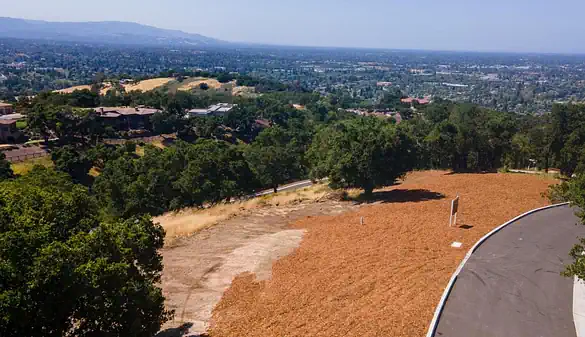The process of purchasing land involves a series of crucial steps and considerations, ranging from identifying the right piece of property to completing the legal and financial transactions. Whether you’re buying land for residential, agricultural, or commercial purposes, understanding the land purchase process is essential for a smooth and successful transaction. In this comprehensive guide, we will walk through each step of the land purchase process, providing insights into key considerations and offering tips for a seamless experience.
- Define Your Objectives:Before embarking on the land purchase journey, it’s crucial to clearly define your objectives. Are you buying land for residential development, agricultural use, or investment? Understanding your goals will guide your search and help you narrow down the type of land that best fits your needs.
- Determine Your Budget:Establishing a realistic budget is a fundamental step in the land purchase process. Consider not only the purchase price but also additional costs such as property taxes, utilities installation, and potential development expenses. Having a clear budget will help you focus on properties within your financial reach.
- Research and Location Analysis:Conduct thorough research on potential locations. Consider factors such as proximity to amenities, accessibility, local zoning regulations, and future development plans. Understanding the characteristics of the area will inform your decision and ensure the land aligns with your long-term vision.
- Engage Professionals:Enlisting the help of professionals is crucial during the land purchase process. Real estate agents, land surveyors, attorneys, and environmental consultants can provide valuable expertise. A real estate agent, in particular, can assist in identifying suitable properties, negotiating deals, and navigating the legalities of the transaction.
- Site Visits and Inspections:Once you’ve identified potential properties, schedule site visits to assess the land firsthand. Pay attention to topography, soil quality, drainage, and any environmental considerations. Conducting thorough inspections, including environmental assessments, will help you make an informed decision about the land’s suitability for your intended use.
- Negotiation and Purchase Agreement:When you’ve found the right piece of land, engage in negotiations with the seller. Once an agreement is reached, a purchase agreement is drafted. This document outlines the terms and conditions of the sale, including the purchase price, contingencies, and the closing date. It’s advisable to have legal counsel review the purchase agreement to ensure your interests are protected.
- Due Diligence Period:After the purchase agreement is signed, a due diligence period begins. This is the time to conduct in-depth investigations into the property. This may include obtaining a survey, soil testing, and reviewing title reports. If any issues arise during this period, you have the option to renegotiate terms or, in some cases, withdraw from the transaction.
- Secure Financing:If you require financing for the land purchase, secure a loan during this stage. Different financing options, including traditional mortgages, land loans, or owner financing, may be available depending on your financial situation and the lender’s requirements.
- Closing the Deal:Once due diligence is complete, and financing is secured, the final step is closing the deal. At the closing, the buyer and seller sign the necessary documents, and the transfer of ownership is officially recorded. Payments are made, and the buyer receives the deed to the property.
- Post-Purchase Considerations:
After acquiring the land, there may be additional steps depending on your plans. For example, if you’re developing the land, you’ll need to obtain necessary permits and approvals. If you’re holding the land for investment, monitoring market trends and potential opportunities for the future is essential.
Conclusion:
The land purchase process is a multifaceted journey that requires careful planning, thorough research, and the assistance of professionals. By defining your objectives, conducting meticulous due diligence, and engaging experts in the field, you can navigate the process with confidence and increase the likelihood of a successful and rewarding land acquisition. Remember, each land purchase is unique, and adapting to the specific circumstances of your transaction is key to a positive outcome.






